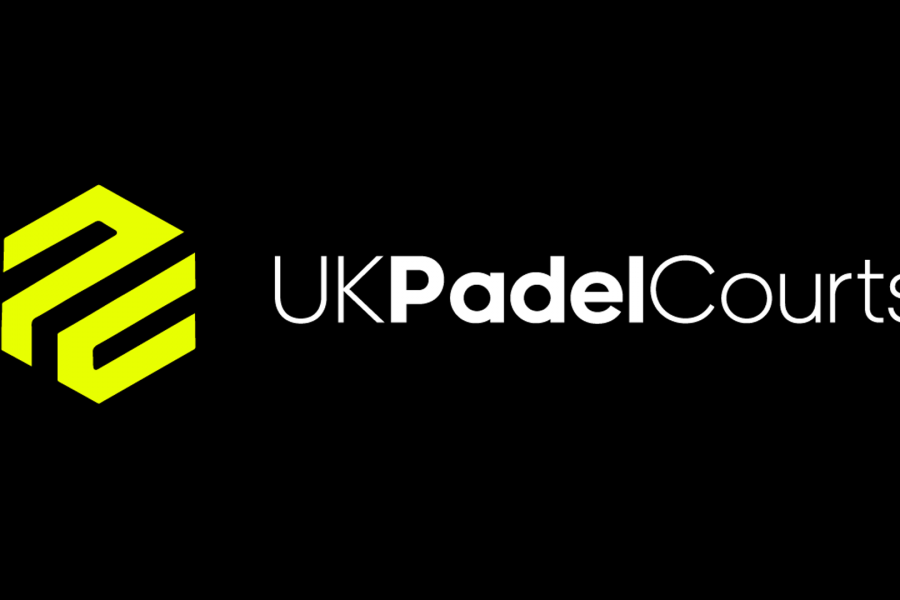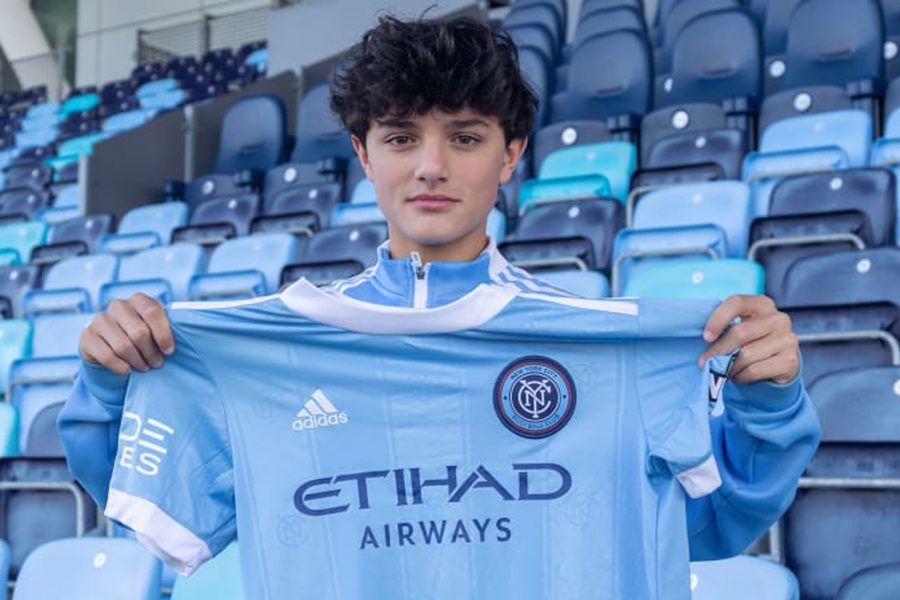The FCA refused offers to visit the African Land project in Sierra Leone or speak to it’s directors before launching a High Court action against them and Capital Alternatives, a court has heard.
Investigators working for the FCA admitted the High Court action had been taken based on a promotional video and an analysis of banking statements.
Citywire.co.uk journalist Michelle Abrego was in court to witness proceedings. Read her story below, published in full or click the following link to read her story online at www.citywire.co.uk Click this link: FCA v Capital Alternatives.
Full Article Below – (published on CityWire.co.uk)
by Michelle Abrego on Oct 17, 2013
The Financial Conduct Authority (FCA) launched legal proceedings against two unregulated investment schemes based on a marketing video and without ever interviewing their directors, a court heard yesterday.
During the second day of proceedings between the FCA and Capital Alternatives, the High Court heard that the regulator did not contact the schemes to discuss its concerns and declined the opportunity to visit the land on which one was based prior to launching legal action.
The FCA issued proceedings against Capital Alternatives and 15 other parties in July 2013, alleging that two investment schemes African Land and Reforestation Projects, also known as Capital Carbon Credits, were operating illegally.
African Land offers investments in rice farm harvests in Sierra Leone and Reforestation Projects, also known as Capital Carbon Credits, offers investments in carbon credits generated from land in Sierra Leone, Brazil and Australia.
The FCA’s case centres on whether the two schemes are collective investment schemes which would require them to be regulated by the FCA and authorised to operate in the UK.
Based on Video
Under cross-examination from the counsel for the defence, FCA lead investigator John Thorpe admitted that the regulator’s battle with African Land was based on an video about the scheme and analysis of its bank account.
He said the bank account suggested that the scheme was run as a collective as assets looked to be pooled.
‘Because there was no individual accounts from investor to investor that I could see, they [payments] were all coming from one account,’ he said.
He added that proof of pooling assets went further than pooling the money and argued he had seen no evidence that the rice harvested from each plot was sold separately.
He said that if a plot was harvested the results of that specific plot did not correspond directly to the profits if combined with the harvest of other plots.
Rejected Offer To Visit Farm
The cross-examination revealed that the regulator was invited to Sierra Leone to see how scheme worked, but rejected the offer, and also declined to review analysis of the scheme carried about GMX Consulting.
Defence barrister Andrew Green of Blackstone Chambers said to Thorpe: ‘With a great deal of respect, you’re the head investigator in relation to the investigation in relation to African Land, we have a preliminary issue on which livelihoods depend. Surely you have taken the [step] to find out what the state of the evidence is?’
Thorpe said that for the last six weeks he had been working on another High Court case for the regulator.
‘My mind hasn’t been on this case and I haven’t looked at any other evidence in that time,’ he said.
A second FCA investigator confirmed that neither African Land nor Capital Carbon Credits were contacted over whether or not they considered themselves collectives before legal action began.








